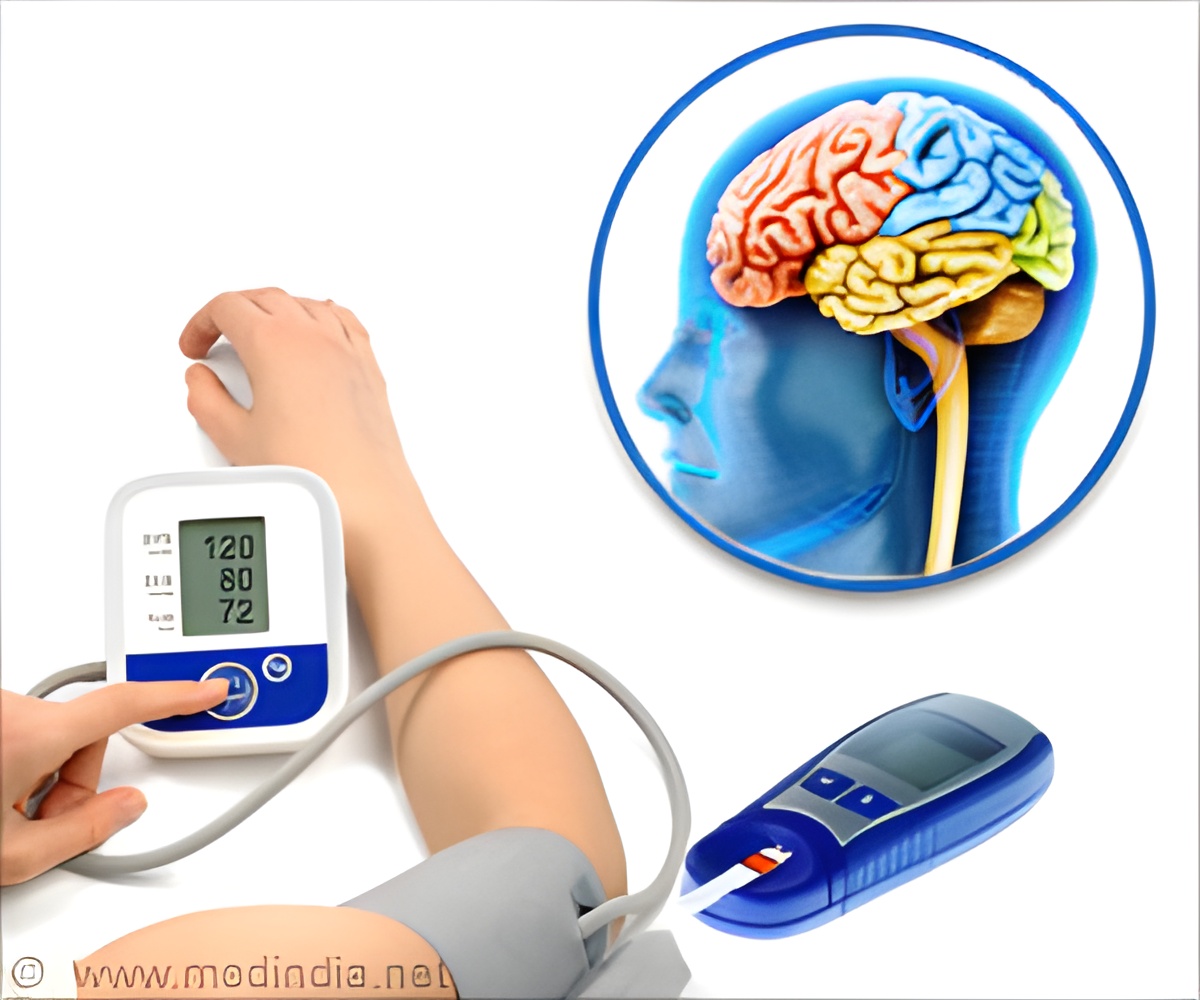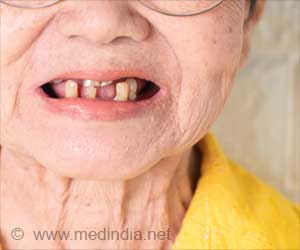New study results raise the possibility that taking steps in young adulthood to control or delay the onset of high blood pressure may reduce the risk of dementia.

‘Identify individuals with early hypertension and provide treatment to reduce the risk of developing dementia in the future.’





Researchers analyzed data from participants in the UK Biobank, a large database containing detailed anonymous health information of about half a million volunteer participants in the United Kingdom.To determine brain changes, they compared magnetic resonance imaging (MRI) measurements of brain volume in 11,399 people with high blood pressure diagnosed at different ages (younger than age 35; 35-44 years; and 45-54 years), and 11,399 participants who did not have high blood pressure were matched for age and multiple health-related variables.
Hypertension in this study was defined as reporting a diagnosis of hypertension (told by a doctor) or inpatient records using the codes for international classification diseases. The blood pressure reading at the time of their MRI scans was controlled in the analysis.
From the MRI scans, the investigators found that in the diagnostic age category (from 35 to 54), the total brain volume was smaller in people diagnosed with high blood pressure, and the brain volume of several regions was also smaller compared to the participants who did not have high blood pressure.
Among people with normal blood pressure readings at the time of their MRI scans, those who were previously diagnosed with hypertension at <35 years old had smaller total brain volume compared to people with normal blood pressure who had never been diagnosed with hypertension.
Advertisement
During the follow-up period (up to 14 years; median of 11.9 years), 4,626 people developed some form of dementia.
Advertisement
The risk of vascular dementia (a common form of dementia resulting from impaired blood flow to parts of the brain, as might happen after one or more small strokes) was 45% higher in the adults diagnosed with hypertension between ages 45-54 and 69% higher in those diagnosed between ages 35-44.
There were only fewer cases of dementia among the younger participants, and the association with high blood pressure was not statistically significant.
In contrast to vascular dementia, no relationship was found between age at hypertension diagnosis and the risk of Alzheimer’s disease, a type of dementia linked to proteins that disrupt brain function.
These findings provide evidence to suggest an early age at onset of hypertension is associated with the occurrence of dementia and this association is supported by structural changes in brain volume.
This study also highlights the importance of prevention and control of high blood pressure in early adulthood in preventing dementia.
In future research, the investigators are planning to examine medical records to detect whether the onset of dementia was preceded by other medical conditions with previously established connections to dementia risk, such as diabetes or stroke, in people who developed high blood pressure during young adulthood or middle age.
Source-Medindia















